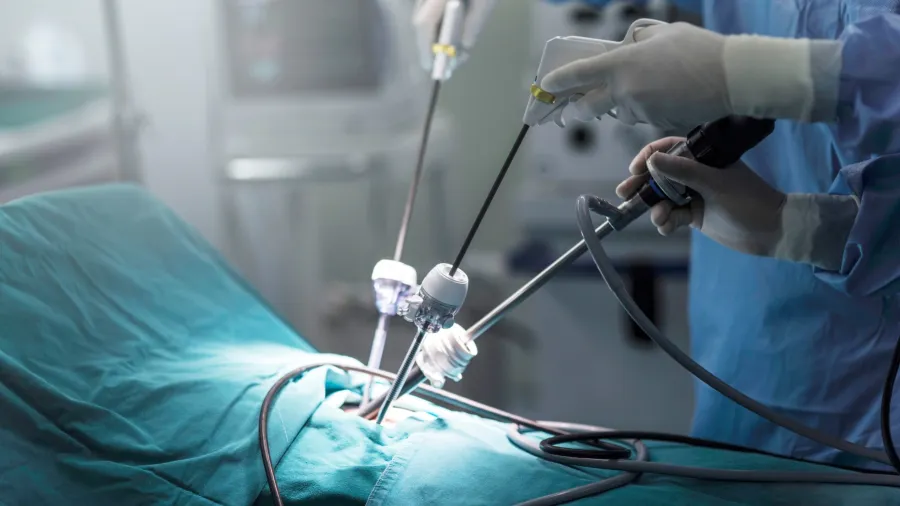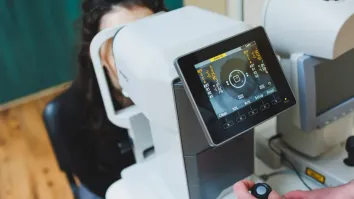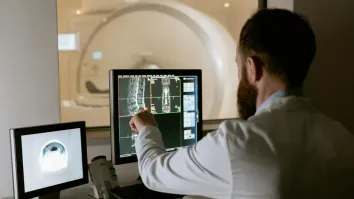
Global laparoscopic ablation market projects 10.03% CAGR growth until 2028
One key trend is the emergence of next-generation ablation procedures.
The global market for laparoscopic ablation is projected to grow by $1.21b until 2028 at an estimated compound annual growth rate (CAGR) of 10.03% as hospitals, ambulatory surgery centres, and speciality clinics respond to the rising prevalence of chronic diseases such as cancer, according to Technavio.
To address this, hospitals, ambulatory surgery centres and speciality clinics are adopting advanced laparoscopic ablation devices to treat conditions associated with the liver, stomach, and abdominal tissues.
Meanwhile, one key market trend is the shift towards next-generation laparoscopic ablation, such as the adoption of robot-assisted procedures.
“This technique offers several advantages over traditional methods, including higher accuracy in needle insertion, improved access to complex anatomical structures, and lower radiation dosages,” the report said.
In line with this, the market is influenced by minimally invasive procedures, including laser ablation and electrocoagulation for quicker recovery times and reduced complication risks.
However, the market is also expected to witness challenges that could potentially impede further growth, such as high costs and the need for specialised training.
Moreover, Technavio noted that the presence of competition in invasive surgical procedures and conventional medical treatments also serves as a barrier limiting the market’s widespread adoption.
“Therefore, there is a growing demand for low-cost treatment options and the development of biological sensors and surgical techniques to improve patient outcomes,” the report added.



















 Advertise
Advertise





